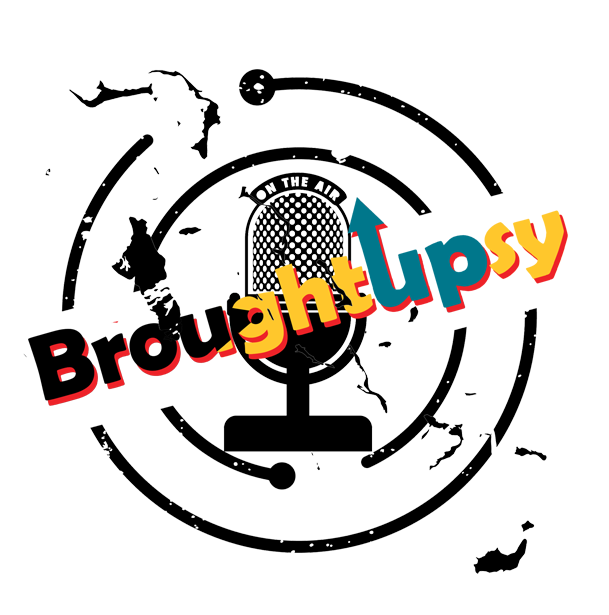
The Podcast was first introduced by Apple in 2005, aiming to provide musical and audio features for the iPod. The finished content is downloadable to a computer or mobile device, and it is also played from the website directly. As years progress, the variety of podcast productions has expanded. At present podcasts, now contains e-books, radio broadcasting, live audience, and it even developed to have video content.
Observing your Podcast files, you will notice the extensions attached to them. It can come in the forms of “MP3” and “MA4”. But there are also audio files like the “WAV”, “WMA”, “OGG”, and “FLAC”. So which among these audio formats is the best to use for Podcasts? Read on to find out!
Podcast format 1 – MP3 (.mp3)
This audio coding format has been around for quite some time. Introduced in the 1990s MP3 is the most common digital audio file. This format was developed by the Fraunhofer Society in Germany. It also received the support of the international community. The MP3 can be played on any device, be it via computer, mobile phone, or digital music player.
This format is not as advanced as other audio options, but it is good enough to do the job. Using this for your podcast, it is capable of using ID tags. Things like the artwork, artist, and album information can be kept as metadata. This stored info can be displayed automatically when played on your device.
Since this file format is universal, the podcast you produce using this format will be readily readable. It is also easy to share or to input in directories. A minor setback on this format is its compression limitations. But overall, MP3 quality is good and most recommendable for use.
Podcast format 2 – M4A (.m4a)
M4A is also known as Advanced Audio Coding. This format was made to replace MP3 as the main digital audio format. Do not be confused with the representation of this file. Advanced Audio Coding (ACC) is the encoding scheme and M4A is the file extension when formatted. However depending on the platform, for example in gadgets of Apple iTunes, it openly plays ACC. But in the case of smartphones like the iOS and Andriod-based systems, the M4A file is already accepted.
The benefit of this M4A is its good audio quality and small file size. Given a 4 minute song encoded at 128kbps ACC (M4A) the file size will be 3.8MB. To encode the same song for MP3 the encoding should be done in 192kps. The final file size of the MP3 is expected to exceed 3.8MB.
If you will use this for your podcast, then the file size will be lighter. The downloading of your content will be faster. But do note that if your target audience is not yet M4A ready then using this format will be futile. But the good news is, it is on the way towards a mainstream market.
Podcast format 3 – WAV (.wav)
Here is another familiar file format, the WAV or Windows Wave. This audio file was initially developed for IBM and Microsoft for personal computers. This format extension is classified as the raw audio file that has all the original content intact. Due to this fact, WAV is ideal for editing purposes. But this advantage is a double-edged sword. As much as it is great to have awesome audio quality, the file size as a finished product is large.
Therefore WAV is not being uploaded and played on the web. It will also take a long time to download. Does it mean WAV is not usable for podcast production? You can still use this during the pre-production. Especially during the editing of the content of the show. But once it is finished, you need to compress it to MP3 or M4A to get it on the world wide web.
Podcast format 4 – WMA (.wma)
WMA is also known as Windows Audio Media. As the name implies, this audio format is made only for the Windows operating system. Therefore if you produce a podcast using this format Mac, Linux, iOS, or Android operating systems, it will not run. So it is best to avoid using this format since it defeats the purpose of engaging with multiple audiences.
Podcast format 5 – OGG (.ogg)
OGG or OGG Vorbis was developed in 1993 by the Xiph.Org Foundation. This audio format is also open-source, meaning it has no software patents. Therefore, anyone can use it without being sued. It can also compress files better compared to MP3. This audio format can store information about the album, title, artist, and even comments like MP3 and M4A.
Podcast users can take advantage of its benefits for free. However, the downside of OGG is it is hard to decode, so using it might be tricky too. Unless your audience will be software developers or online gaming enthusiasts, the rest of the population is clueless about this digital audio file. Therefore it is not recommended to be a podcast audio format.
Podcast format 5 – FLAC (.flac)
FLAC or Free Lossless Audio Codec is another creation of the Xiph.Org Foundation. It is another free software project that aims to compress digital audio files. The goal is to achieve 50 to 70 percent of its original size. Then unlike OGG, the algorithm of FLAC targets to decompress the audio data to its original size.
This new algorithm is most likely the best way to maintain the best audio quality. At the moment, since this technology is under development, this format is not yet widely used. FLAC has not made an appearance on the web and mobile devices yet. But in due time, it could make its breakout debut and be podcast-ready in a few years.
Final Thoughts:
About the reviews of the various audio files, it is no question that the winner is the MP3 format. This digital audio is ideal for podcasts since it is playable in all operating systems. It can run on different types of devices. Also, the audio quality is decent, the file size is workable, and downloading it is relatively easy. So using this MP3 as a format, you are bound to reach a wide range of audiences.

